Wire mesh is an adaptable material consisting of metal wires interwoven to create a grid pattern. It’s broadly employed in construction, agriculture, and industrial settings.
The applications of wire mesh vary from delivering structural reinforcement to performing as fencing and filtration systems. It’s known for its potency and adaptability, which makes it convenient for reinforcement, security, and containment endeavors.
| Property | Description |
|---|---|
| Size | |
| Wire Diameter | |
| Hole Diameter | |
| Steel Pipe Size | |
| Material | |
| Surface | |
| Treatment | |
| Application |
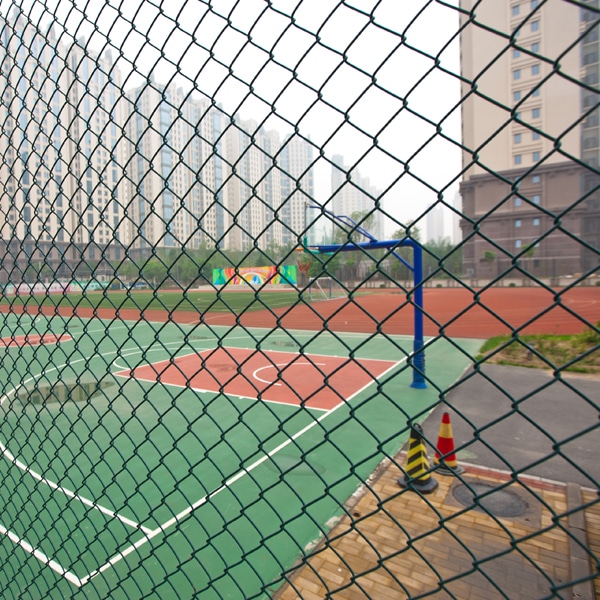
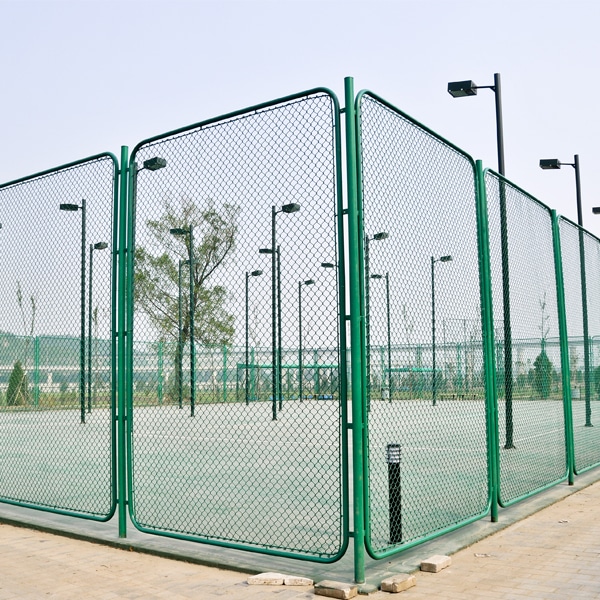
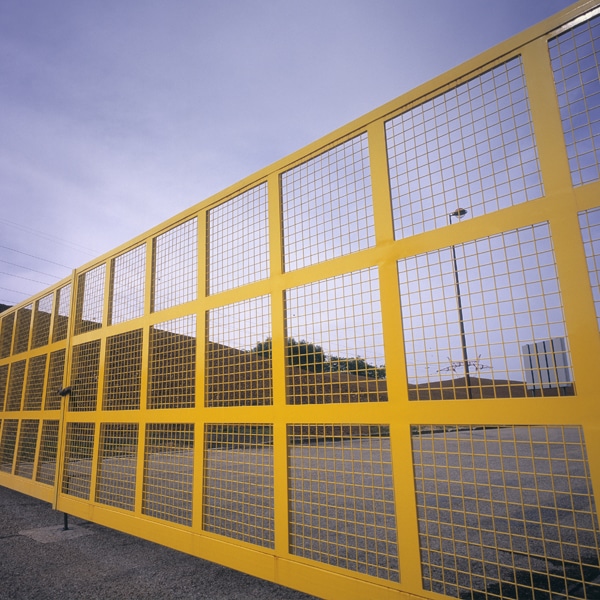
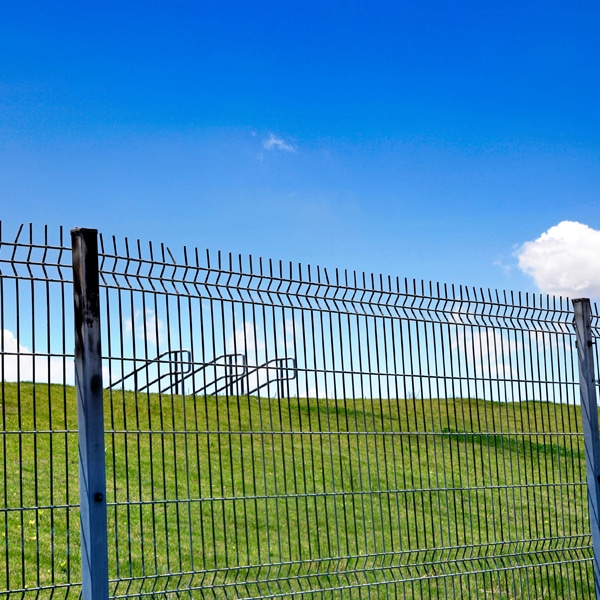
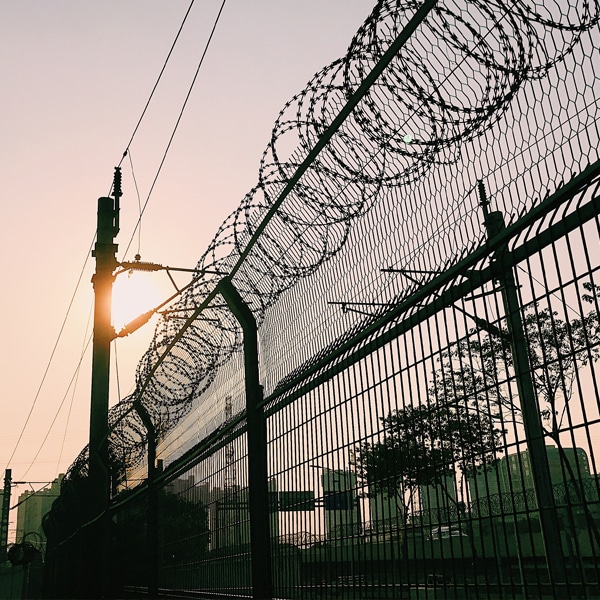
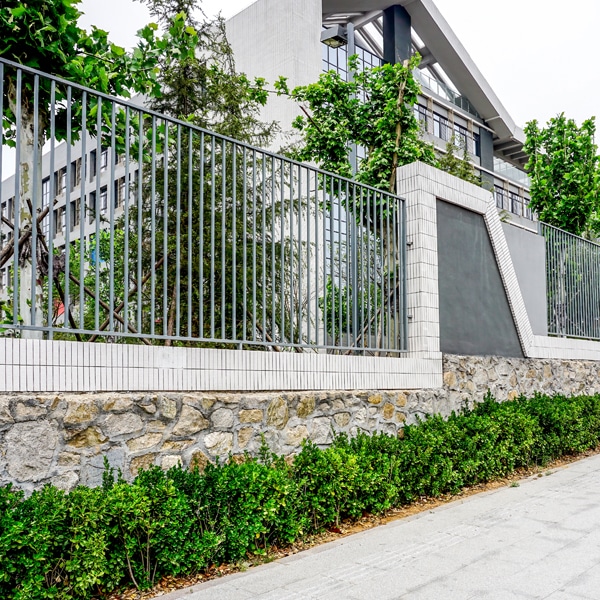
Wire mesh comes with outstanding strength and durability. It can withstand heavy loads, impacts, and harsh environmental conditions to guarantee structural integrity in various applications.
Thanks to its mesh design, wire mesh simplifies the passage of air and light. This feature makes it a wonderful choice for ventilation systems, filters, and protective barriers where airflow and visibility are of utmost prominence.
Wire mesh is smoothly fabricated and manipulated. This means effortless cutting, bending, or shaping to meet distinct necessities and confirm adaptability to diverse forms/structures.
Certain wire mesh materials — including stainless steel — present high resistance to elevated temperatures. This makes them convenient for applications where heat exposure is a problem.
Wire mesh is crafted from materials such as stainless steel or galvanized steel that present tremendous corrosion resistance. This leads to a lengthened lifespan and preparedness for outdoor or corrosive circumstances.
Wire mesh is broadly employed in security fencing because it furnishes a physical barrier while retaining visibility. It's also used for safety purposes like machine guards and protective barriers.
Wire mesh is broadly used as a filtration medium in industries such as agriculture, food processing, and wastewater treatment. It simplifies the particle separation process based on size.
Wire mesh is employed in erosion control strategies like retaining walls and slope stabilization. It can prevent soil erosion and enable water drainage at the same time.
Wire mesh with distinctive properties can be employed for electromagnetic shielding in electronic and communication devices. It acts as an obstacle against electromagnetic interference.

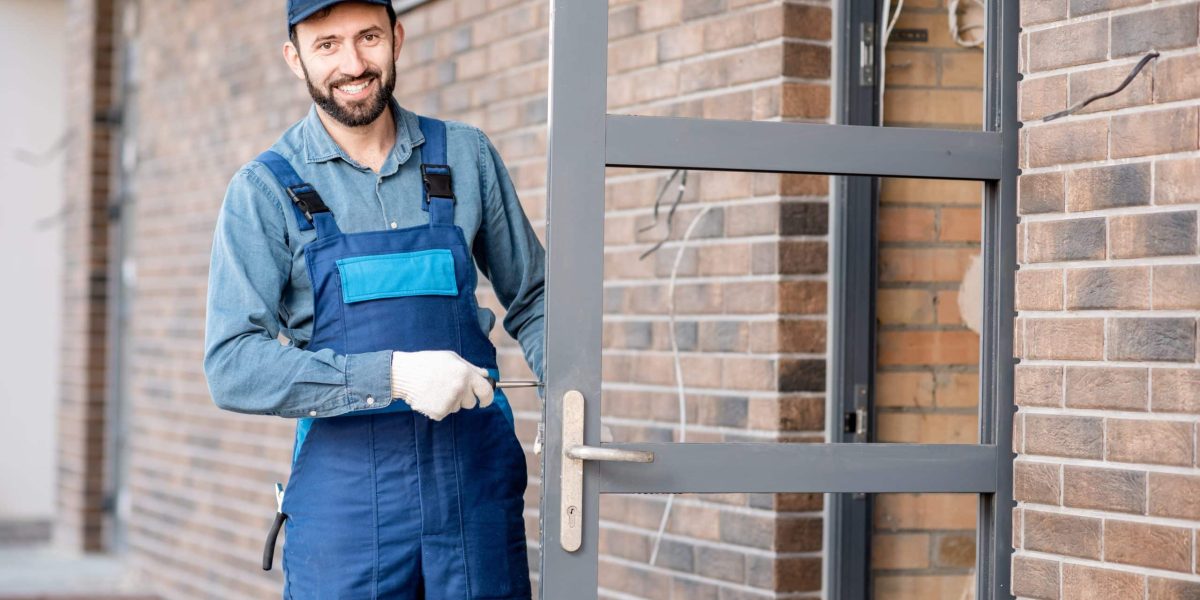
Wanting more information about Fence? Contact us now! Tell us your need and we will contact with you within 24 hours.